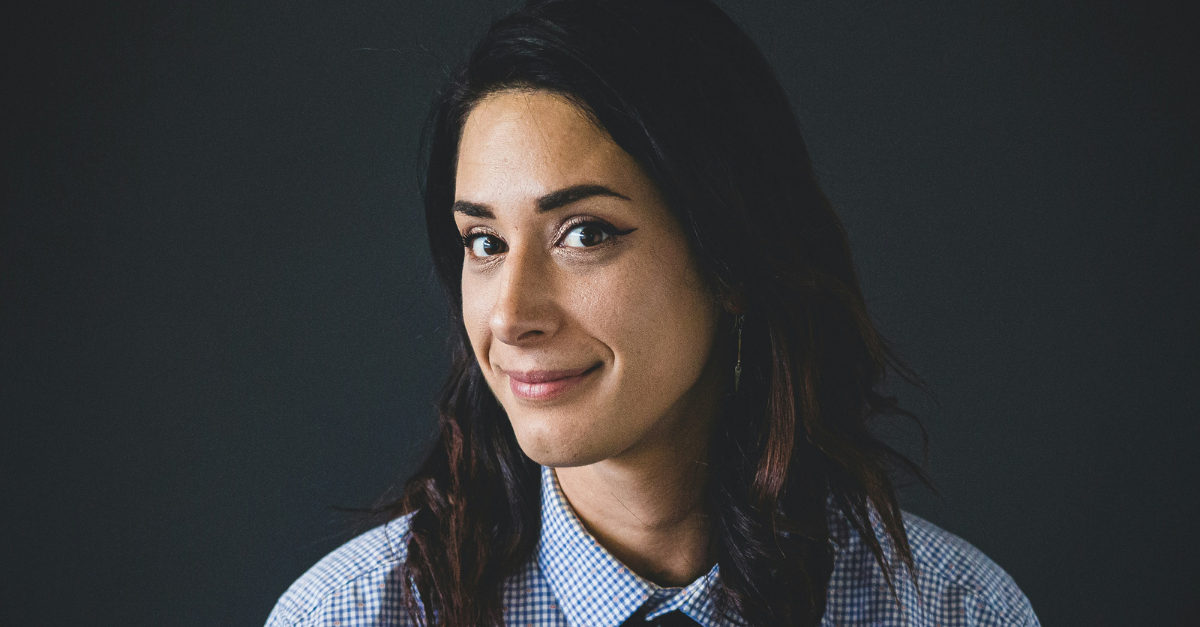Leila Gordon is a distinguished media and entertainment lawyer, known for her expertise in navigating the complex legal landscape of the creative industries. With a rich background that merges a Film Studies degree from King’s College London with law degrees from the University of Bristol and USC, Leila brings a unique blend of artistic understanding and legal acumen to her practice. Her career, spanning across diverse media sectors in New York and London, has been marked by a commitment to protecting creative rights and fostering innovation. Leila’s passion for mentorship and continuous learning underscores her influential role in shaping the future of media law.
How did you get started in this business?
My journey began with a passion for both the creative arts and justice. After completing my degree in Film Studies, I pursued law to combine these interests, focusing on media and entertainment law to advocate for creative professionals.
How do you make money?
My revenue primarily comes from providing legal services to clients in the media and entertainment industry, including contract negotiations, intellectual property rights management, and legal consultancy on various projects.
How long did it take for you to become profitable?
It took about three years post-graduation to establish a stable client base and become profitable. Building trust and a solid reputation in this niche field requires time and consistent quality work.
When you were starting out, was there ever a time you doubted it would work?
Absolutely. There were moments of doubt, especially when faced with the competitive nature of law and the specific challenges of the entertainment industry. Persistence and mentorship played crucial roles in overcoming those doubts.
How did you get your first customer?
Networking was key. My first client came through a referral from a contact I made during an internship at a media law firm. This underscored the importance of building and maintaining professional relationships.
What is one marketing strategy that works well to generate new business?
Offering workshops and speaking at industry events has been effective. It positions me as an expert in my field and brings my services to the attention of potential clients who are already interested in media law.
What is the toughest decision you’ve had to make in the last few months?
Deciding to expand my practice to include emerging areas like digital content rights and privacy law in the media. It was a significant investment in time and resources but essential for staying relevant and providing comprehensive services.
What do you think makes you successful?
A combination of continuous learning, adaptability, and genuine passion for the field. Success in media law demands not only legal expertise but also an understanding of the evolving media landscape.
What has been your most satisfying moment in business?
Successfully defending a client’s creative work from infringement, which not only protected their legal rights but also their artistic expression. It was a profound reminder of the impact of my work.
What does the future hold for your business?
The future is geared towards embracing technology in legal practices and expanding into global entertainment markets, reflecting the increasingly international nature of media.
What business books have inspired you?
“The Creative’s Guide to Starting a Business” by Harriet Kelsall has been particularly inspiring, blending creative passion with practical business advice.
What advice would you give to your younger self?
I’d advise my younger self to embrace every opportunity for growth, be it a challenging case or a networking event. Each experience is a step towards building a fulfilling career.
Are you willing to be a mentor?
Absolutely. Mentorship has been pivotal in my career, and I’m keen on offering guidance and support to the next generation of media law professionals, hoping to inspire and shape their paths as my mentors did for me.

